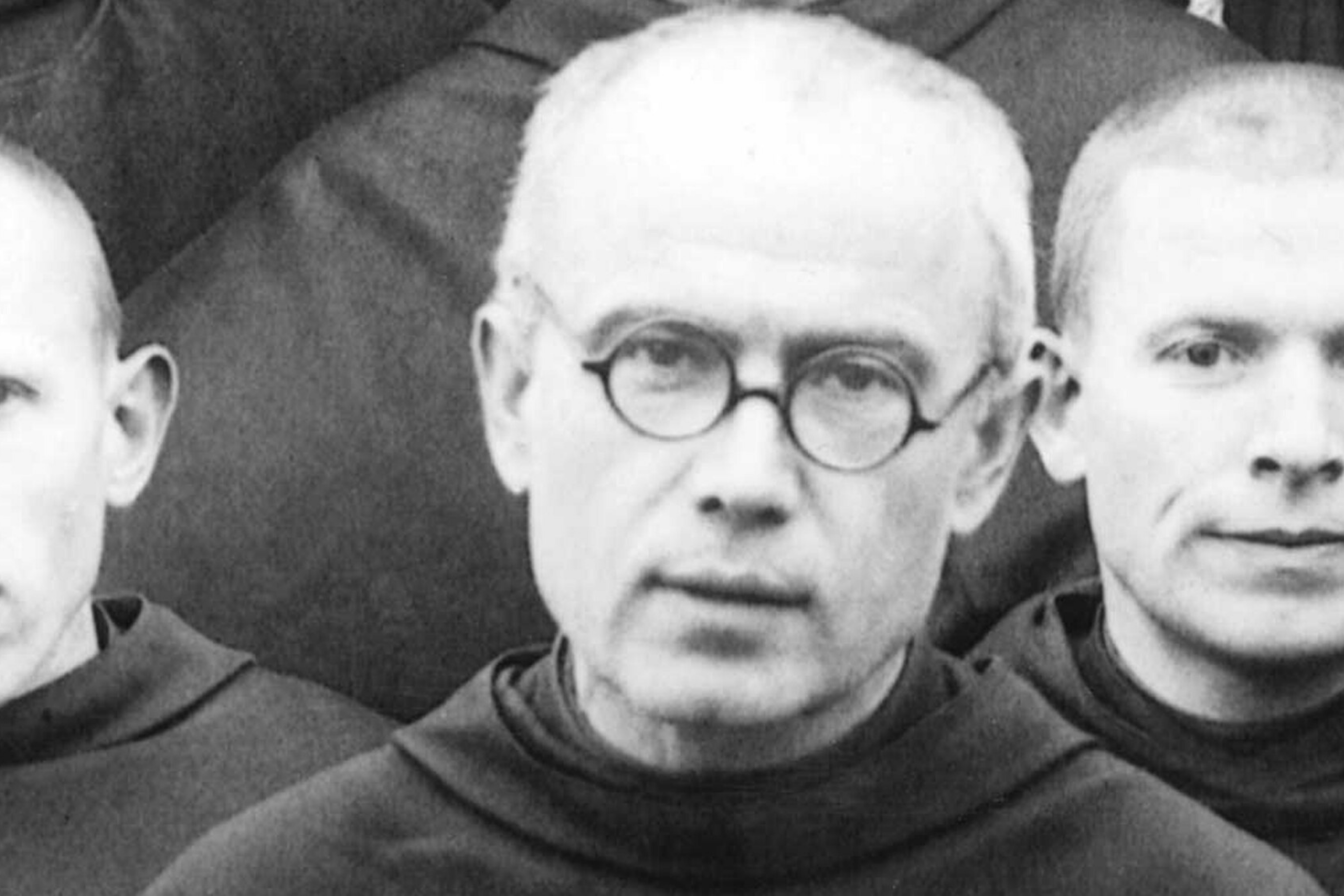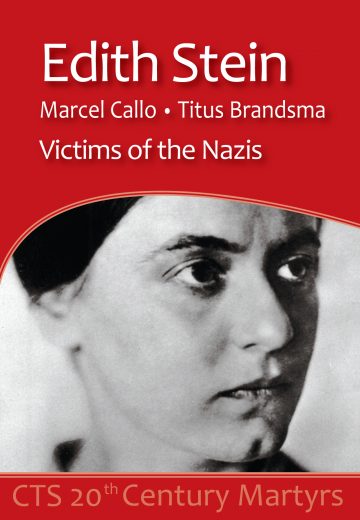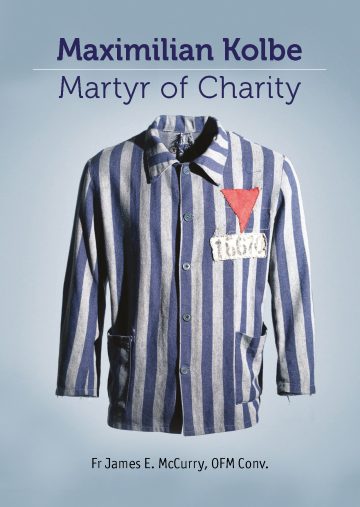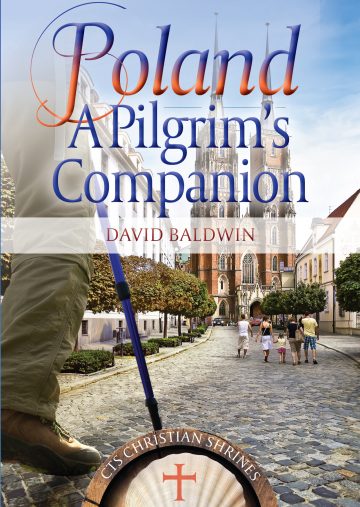Auschwitz Concentration Camp holds a stark place in world history as an icon of destructive hatred. It represents the epicentre of the Nazi holocaust, where millions of innocent victims died. One of those victims was St. Maximilian Kolbe, a Polish Franciscan friar and priest. His heroic death – sacrificing his life to save a fellow prisoner – suggests an alternative icon for Auschwitz: love triumphing over hate.
A city of hate becomes a city of love
One night in his barracks at Auschwitz, Fr. Kolbe secretly counselled a despairing inmate: “Hatred destroys; love alone creates!” He implied: The Nazis are full of hate; but they cannot force us to hate. Fr. Kolbe would later give ultimate proof that love is more powerful than hate.
In late July 1941, ten prisoners of his barracks were selected at random to be starved to death, in reprisal for the escape of an inmate. One of the ten condemned, Franciszek Gajowniczek, cried out that he had a wife and family. Fr. Kolbe stepped forward to substitute himself for this condemned stranger. For that one brief shining moment, Auschwitz the “city of hate” became Auschwitz a “city of love.”
A living symbol of St Maximilian Kolbe’s sacrifice
Mr Gajowniczek lived into the 1990s, and gave thousands of talks about the kindly “saint” who saved his life at Auschwitz. In 1989, I accompanied Mr Gajowniczek to the White House in Washington, where he related the story of St. Maximilian Kolbe to President George H.W. Bush (the elder). There, in the oval office, the old survivor dialogued with the President of the United States about the “Martyr of Charity.”
Mr Bush spoke about his own visit to Auschwitz a few years earlier, where he saw the death cell of the Saint. He called Mr Gajowniczek a “living symbol” of “Father Kolbe’s sacrifice.”
The secret of true happiness
Another admirer of St. Maximilian was Mother Teresa of Calcutta. For fifteen years, I had the privilege of giving occasional talks to Mother Teresa and her religious sisters.
She often invited me to speak with her Missionaries of Charity about St. Maximilian Kolbe the “Martyr of Charity.” She loved the initials “MC” – and constantly reminded me that her Missionaries of Charity should always be willing to sacrifice themselves as Martyrs of Charity, like Fr. Kolbe.
Mother Teresa once wrote to me:
“When I think of St. Maximilian Kolbe, I hear Jesus saying to me again: ‘Love to be true, to be real, must cost, must hurt.’”
She believed that St. Maximilian had found the secret of true happiness in life: “the joy of giving until it hurt…the joy of loving Jesus in his heart.” Mother Teresa attributed to the Blessed Virgin Mary a key role in helping St. Maximilian to be a witness of this joyful love without limits: “Who taught him the joy of loving like Jesus? – Our Lady!”
We live today in a world that has become joyless – a world torn apart by hatred, violence, fear, and selfishness. St. Maximilian Kolbe offers us an utterly different world-view – joyful and optimistic. His message rings all the truer because it was forged on the anvil of suffering. He experienced evil, but found light even amidst the darkness of a concentration camp.
From the ashes of Auschwitz, St. Maximilian Kolbe still speaks to our hearts a simple message: Every human person is important. Every human person deserves to be loved. Hatred destroys; love alone creates!
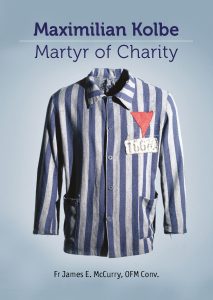 This blog is written by Fr James E. McCurry, OFM Conv., author of our book Maximilian Kolbe – Martyr of Charity, an interpretative biography based upon his writings and first-hand testimonies from people who knew him.
This blog is written by Fr James E. McCurry, OFM Conv., author of our book Maximilian Kolbe – Martyr of Charity, an interpretative biography based upon his writings and first-hand testimonies from people who knew him.
To find out more about St Maximilian Kolbe, order your copy of Maximilian Kolbe – Martyr of Charity today.
